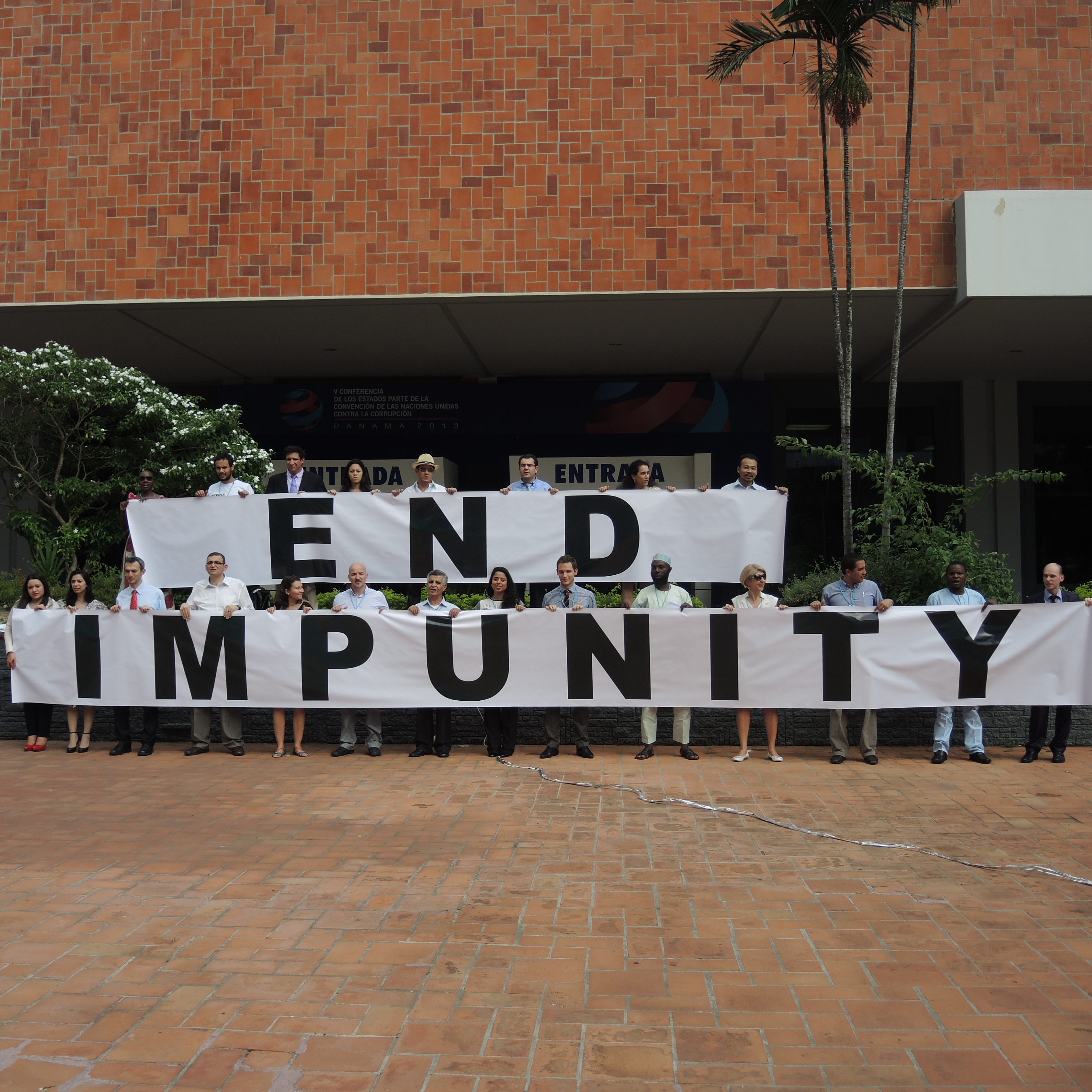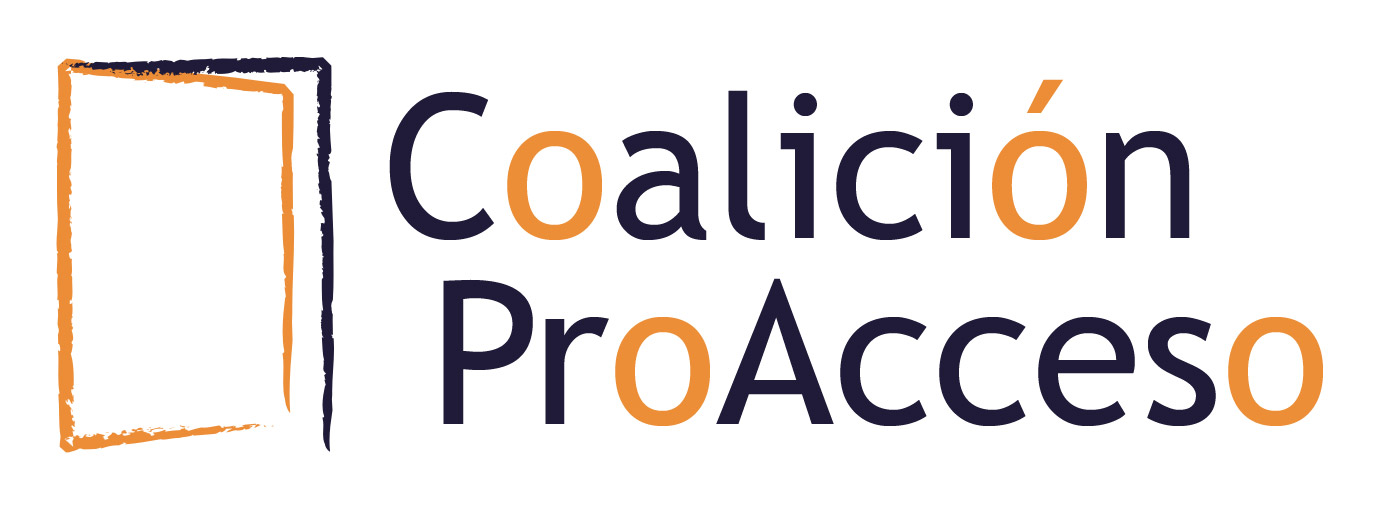Recommendations for Progressive Improvements on RTI
Helen Darbishire2018-11-13T10:12:14+01:00Madrid/Halifax, 18 December 2013 - Specialist right to information organisations Access Info Europe and Centre for Law and Democracy led on the drafting of a set of recommendations for progressive improvements to the right to information (RTI) which should be introduced by governments participating in the Open Government Partnership (OGP). These recommendations form the right to information chapter of the Open Government Guide, which was released at the Open Government Partnership Summit in October 2013. In addition to the key recommendation that States should adopt a law giving effect to the right to information which meets international standards, the chapter







